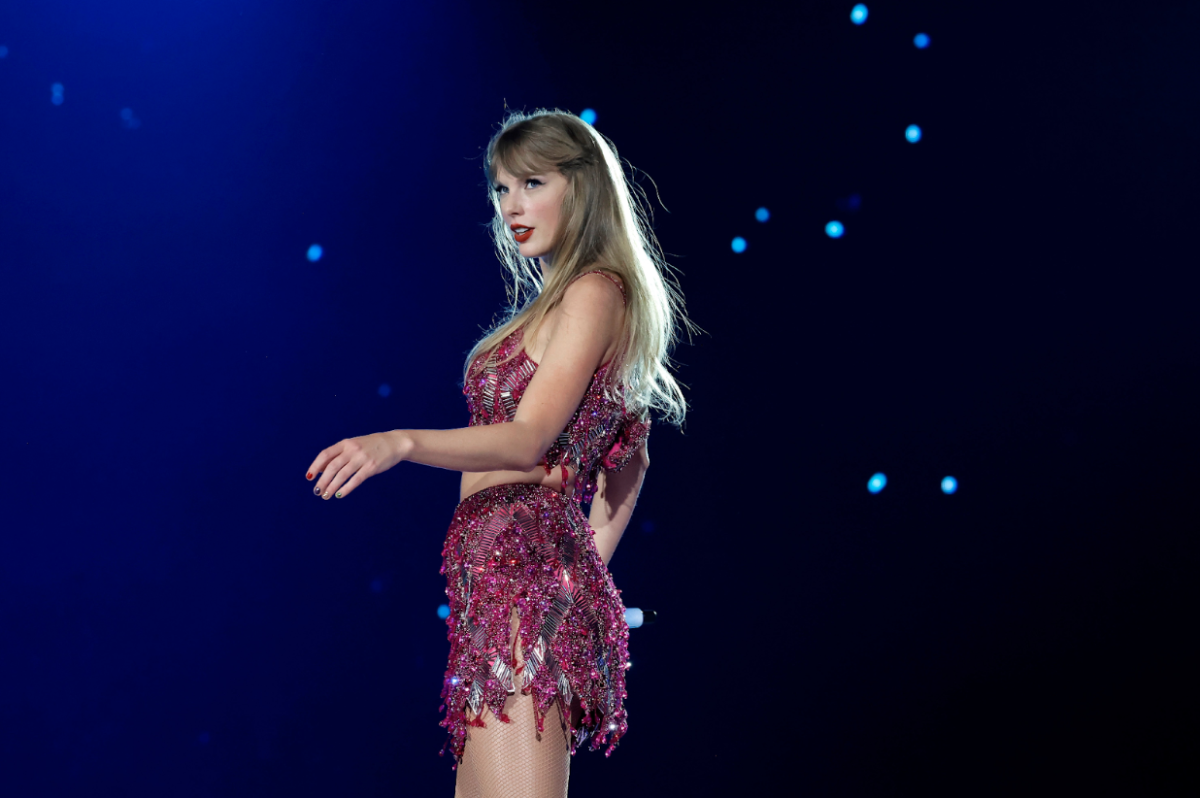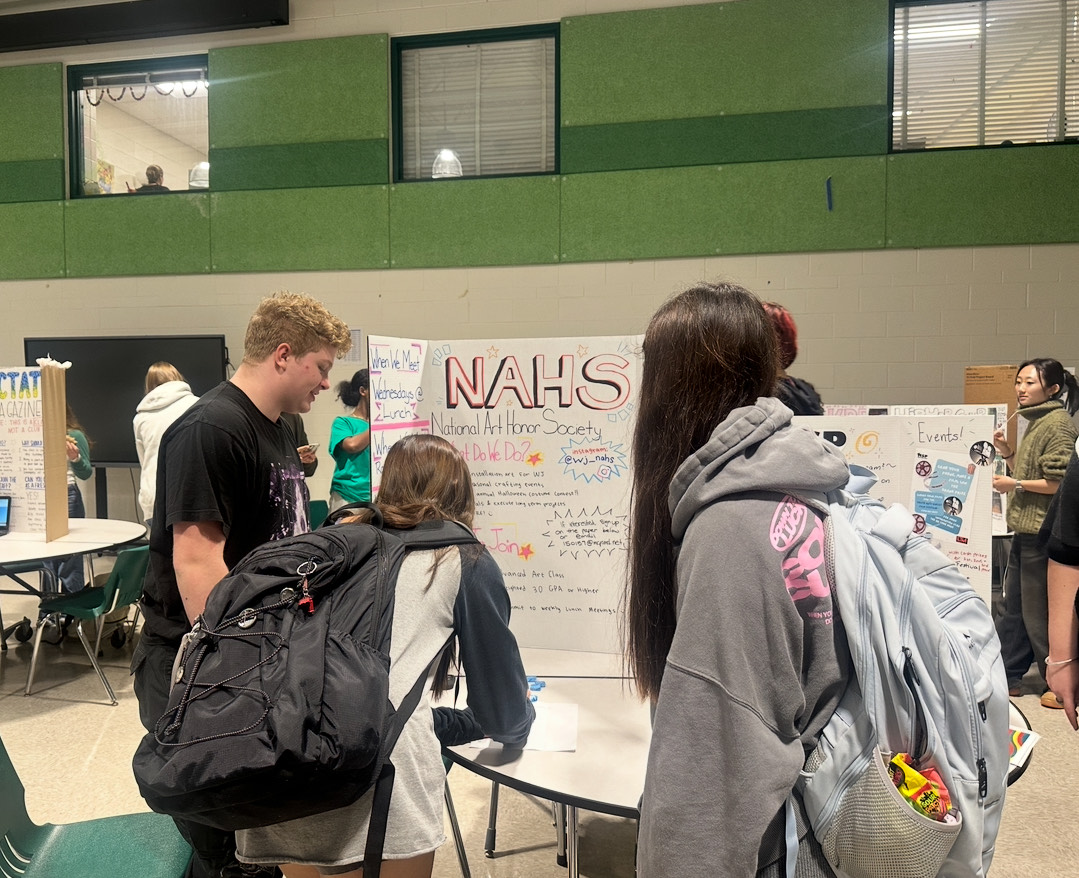When Taylor Swift’s “Red” was rereleased, the halls of WJ were flooded with chatter and obsession over the famed musical star. Students in my classes scrawled “Stream ‘Red!’” on whiteboards and “Screw Jake Gyllenhaal” across others. When poor souls who weren’t Swifties questioned the rabid interest, they were attacked and shut down with rapid-fire recitations of Swift’s past and lengthy explanations of the meaning behind her songs. But is this obsession—which can be seen for a variety of celebrities—healthy?
When students are so highly engaged with celebrities, they don’t get a chance to properly develop their own personalities, because the foundation of their being is built on another person. They’re so invested in the life of someone else and what that person likes and dislikes that they fail to establish their own interests. Their entire personality is wrapped up in being a fan of a celebrity and knowing everything about said celebrity. Some “stans” (dedicated fans) of celebrities can even become emotionally reliant and extremely attached to celebrities, despite not really knowing them.
I know exactly what that’s like: when I was in middle school and a freshman in high school, I was obsessed with Lady Gaga. I had tons of merchandise, I listened almost exclusively to her music and I knew almost everything about her. (Embarrassing, I know.) But as I grew older, I realized that it wasn’t healthy to base my personality solely off of being a fan, and my interest plateaued. I still like her and her music, of course, but my personality now stretches beyond being a fan of hers.
Not only is being a superfan unhealthy for one’s development, it’s just flat-out creepy. Many superfans pride themselves on knowing every little thing about the celebrity they love, from their romantic history to their favorite food to their body measurements. If people knew as much about an average person as they do about a celebrity, they’d be labeled stalkers. But for some reason, it’s considered acceptable when their victim is a famous person. And before people argue that the purpose of being a celebrity is to be in the public eye, while that is true, that public scrutiny shouldn’t extend to their private life. Most celebrities become celebrities to share their art or talent, not to have their private life shoved under a microscope.
Unhealthy obsession with celebrities also causes people—including students—to act irrationally. I remember being on Twitter the night Gaga and Ariana Grande took home a Grammy for their song “Rain on Me”; however, in doing so, they had beaten out K-pop band BTS and their song “Dynamite.” As a result, BTS fans flooded Twitter with hateful messages, from arguing that the Grammy was undeserved to mocking Gaga’s traumatic experiences with sexual assault. Other instances of rabid fans include stans doxxing reviewers because they disagreed with their album reviews and scores.
I doubt that these users would have said these things to people in their lives. Nor do I think they would have said these things if they weren’t as obsessed with BTS or other celebrities. If celebrity worship causes people to spew vitriol and other hateful comments, can we really say it’s healthy?
In small doses, enjoying celebrities and their work is acceptable, even healthy. But trouble comes when people become dangerously addicted to celebrities and revolve much of their lives around them. We need to snap out of it and wean off our celebrity addiction—before it’s too late.









